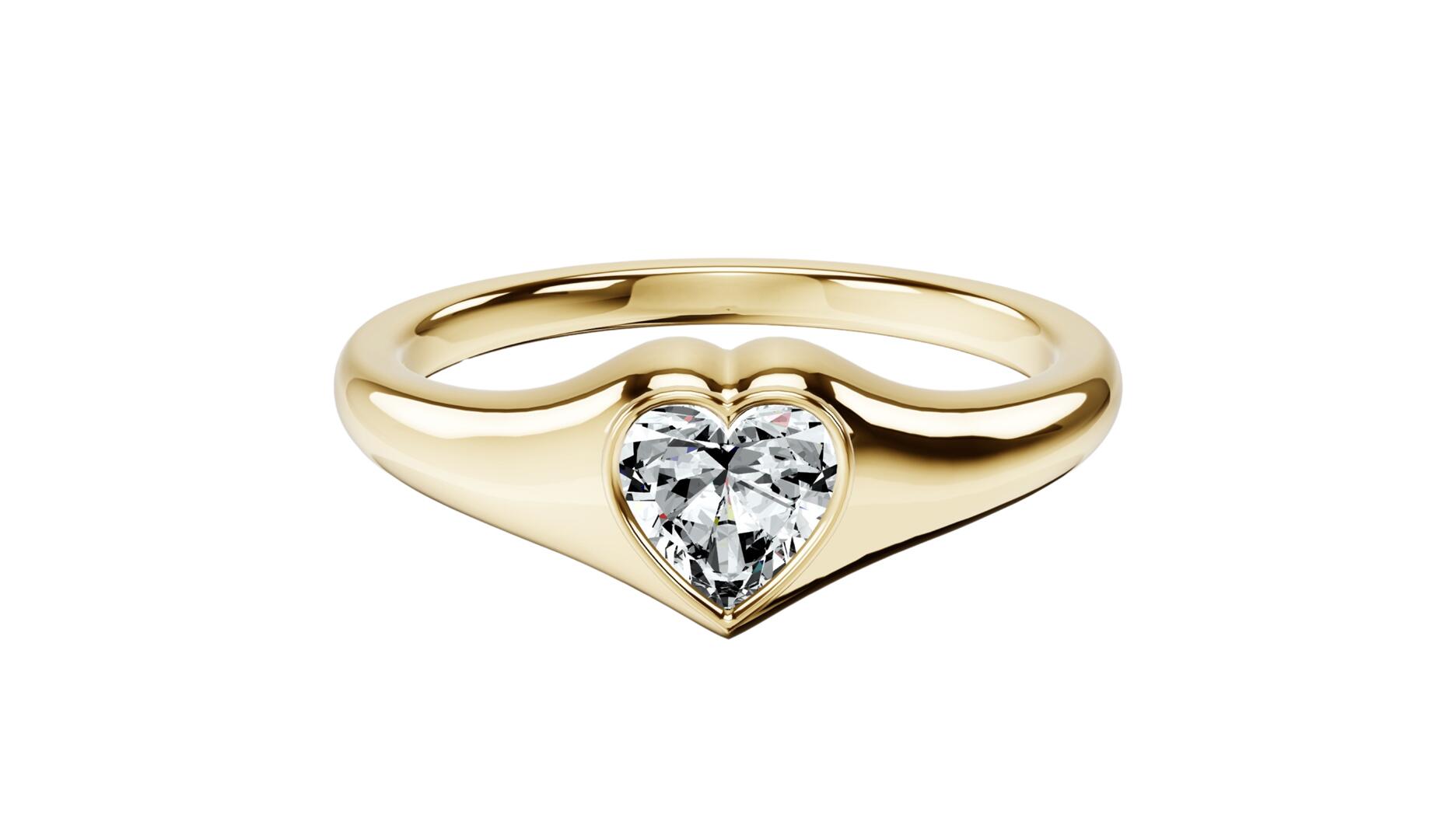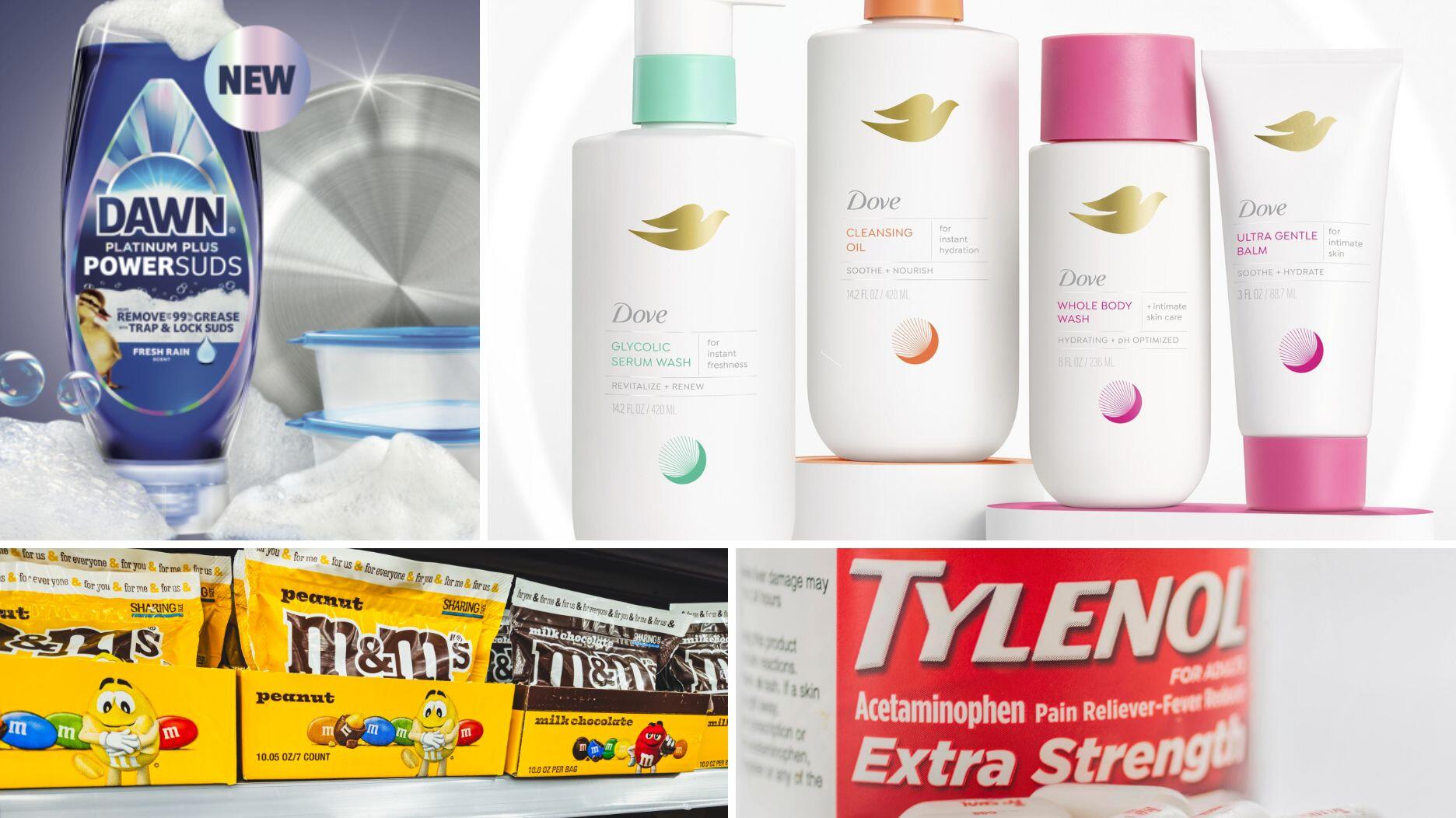Conference Board Reiterates Recession Prediction
A cooling labor market and high interest rates are taking a toll on consumer confidence in the U.S.

The Conference Board’s consumer confidence index dropped to 106.1 in August from a downwardly revised 114 in July.
“The pullback in consumer confidence was evident across all age groups and most notable among consumers with household incomes of $100,000 or more, as well as those earning less than $50,000,” said Dana Peterson, chief economist at The Conference Board.
“Confidence held relatively steady for consumers with incomes between $50,000 and $99,999.”
The Present Situation Index, which measurers consumers’ current view of business and labor market conditions, fell to 144.8 in August from 153 in July.
Consumers’ assessment of business conditions was slightly more pessimistic in August, with 17 percent of consumers saying current business conditions were “bad,” up from 16 percent in July. Consumers who reported feeling like current business conditions were “good” remained unchanged at 21 percent.
Respondents’ current view of the labor market also seems to be less positive.
The percentage of respondents who felt jobs were “hard to get” rose to 14 percent in August from 11 percent in July, and those who felt jobs were “plentiful” dropped from 44 percent to 40 percent.
“Hard data confirms that employment gains have slowed, overall wage increases are less generous compared to a year ago, and the average number of weeks of unemployment is ticking upward,” Peterson said.
The Expectations Index, which measures consumers’ short-term outlook for income, business, and labor market conditions, dropped in August to about 80 —the level associated with a recession within the next year—from July’s sharp uptick to 88.
Prior to June, the index had been below 80 every month since February 2022, with the exception of a brief uptick in December 2022.
Though consumers’ perceived likelihood of a recession in the next year hit the lowest level recorded thus far in 2023, Peterson said the return to an expectations threshold of 80 reflects less confidence about future business conditions, job availability, and incomes.
The Conference Board said it still anticipates a recession before the end of the year, echoing what it said last month when it reported consumer confidence figures for July.
Consumers were less optimistic in all aspects of short-term outlook.
Regarding short-term business conditions outlook, 16 percent expect conditions to improve, down from 17 percent in July. Respondents that expect business conditions to worsen rose from 15 percent to 17 percent.
Eighteen percent of consumers anticipate fewer jobs will be available, up from 16 percent in July. The number of respondents expecting more jobs to be available remained virtually unchanged at 17 percent.
For short-term income expectations, consumers expecting their income to increase dropped to 17 percent from 18 percent in July, while respondents expecting their income to decrease increased to 12 percent from 10 percent last month.
“Consumers may be hearing more bad news about corporate earnings, while job openings are narrowing and interest rates continue to rise, making big-ticket items more expensive,” Peterson said.
The Conference Board recently added questions regarding consumers’ feeling about family finances.
In July, the Conference Board said respondents’ answers reflected “still healthy” family finances.
Consumers who described their current family financial situation as “good” was 32 percent, up from 29 percent in June. Respondents who described their family financial situation as “bad,” in July was down to 18 percent from 19 percent in June.
The percentage of respondents in July who expected their family finances to improve dropped to 31 percent from 32 percent in June while those who expected them to worsen rose to 14 percent from 13 percent the previous month.
Peterson said respondents’ upbeat outlook on current family finances in July could have been reflective of “softening inflation and continued income support from employment.”
Consumers’ assessment of their family’s current financial situation was less positive in August.
“Write-in responses showed consumers were once again preoccupied with rising prices in general, and for groceries and gasoline in particular,” said Peterson.
“Notably, expectations for interest rates jumped in August after falling two months ago. Also, the outlook for stock prices fell and average 12-month inflation expectations ticked up.”
The Conference Board said the measure of expected family financial situation in six months’ time, which faltered in July, softened further in August.
The board also recently added a measure to gauge respondents’ thoughts on a recession.
Consumers who felt recession was “somewhat” or “very likely” dropped again in August but remained high at 69 percent; it was 70 percent in June and 71 percent in July.
“These soundings likely reflect ongoing uncertainty given mixed buying plans,” said Peterson. “On a six-month moving average basis, plans to purchase autos and appliances continued to trend upward but plans to buy homes—more in line with rising interest rates—continued to trend downward.
“The dip in overall confidence notwithstanding, consumer plans to go on vacation, especially abroad, leapt upward in the month and slightly exceeded August 2022 readings, suggesting a continued penchant for spending on services.”
The Latest

After the Supreme Court struck down the IEEPA tariffs, President Trump imposed a 10 percent tax on almost all imports via a different law.
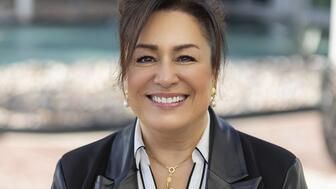
The industry veteran, who was with The Edge Retail Academy for 14 years, joins her husband at the company he founded in 2022.
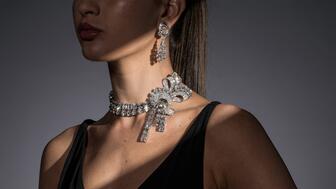
The vintage signed jewelry retailer chose Miami due to growing client demand in the city and the greater Latin American region.

With refreshed branding, a new website, updated courses, and a pathway for growth, DCA is dedicated to supporting retail staff development.

Former Flight Club executive Jin Lee will bring his experience from the sneaker world to the pre-owned watch marketplace.

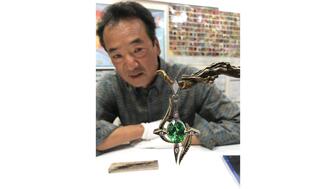
Sakamoto, who died in mid-January following a sudden illness, is remembered for his humility and his masterful, architectural designs.
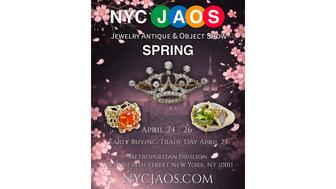
The April event will feature a new VIP shopping day requiring a special ticket.
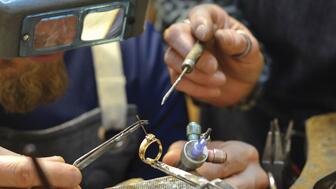
Launched in 2023, the program will help the passing of knowledge between generations and alleviate the shortage of bench jewelers.

Bulgari chose the British-Albanian singer-songwriter for her powerful and enduring voice in contemporary culture, the jeweler said.

In a 6-3 ruling, the court said the president exceeded his authority when imposing sweeping tariffs under IEEPA.
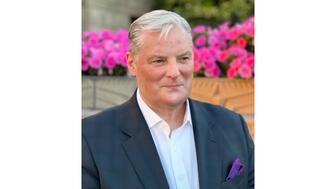
Smith encourages salespeople to ask customers questions that elicit the release of oxytocin, the brain’s “feel-good” chemical.
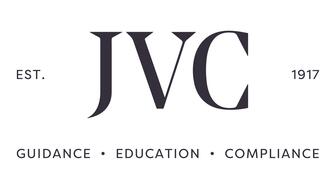
JVC also announced the election of five new board members.
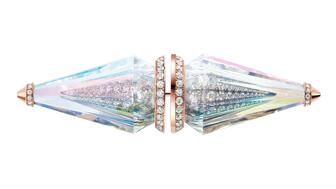
The brooch, our Piece of the Week, shows the chromatic spectrum through a holographic coating on rock crystal.
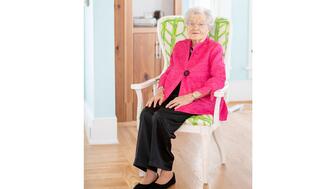
Raised in an orphanage, Bailey was 18 when she met her husband, Clyde. They opened their North Carolina jewelry store in 1948.

Material Good is celebrating its 10th anniversary as it opens its new store in the Back Bay neighborhood of Boston.
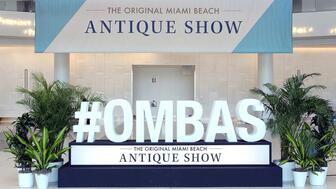
The show will be held March 26-30 at the Miami Beach Convention Center.
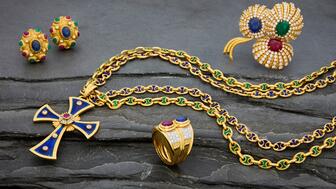
The estate of the model, philanthropist, and ex-wife of Johnny Carson has signed statement jewels up for sale at John Moran Auctioneers.

Are arm bands poised to make a comeback? Has red-carpet jewelry become boring? Find out on the second episode of the “My Next Question” podcast.
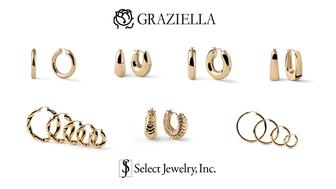
It will lead distribution in North America for Graziella Braccialini's new gold pieces, which it said are 50 percent lighter.
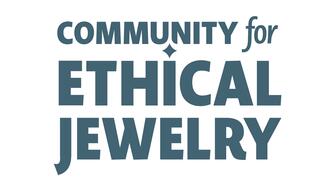
The organization is seeking a new executive director to lead it into its next phase of strategic growth and industry influence.
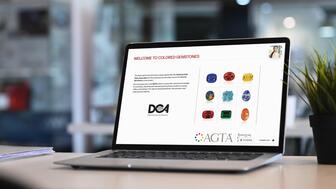
The nonprofit will present a live, two-hour introductory course on building confidence when selling colored gemstones.
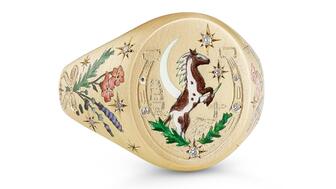
Western wear continues to trend in the Year of the Fire Horse and along with it, horse and horseshoe motifs in jewelry.
![A peridot [left] and sapphires from Tanzania from Anza Gems, a wholesaler that partners with artisanal mining communities in East Africa Anza gems](https://uploads.nationaljeweler.com/uploads/cdd3962e9427ff45f69b31e06baf830d.jpg)
Although the market is robust, tariffs and precious metal prices are impacting the industry, Stuart Robertson and Brecken Branstrator said.

Rossman, who advised GIA for more than 50 years, is remembered for his passion and dedication to the field of gemology.

Guthrie, the mother of “Today” show host Savannah Guthrie, was abducted just as the Tucson gem shows were starting.

Butterfield Jewelers in Albuquerque, New Mexico, is preparing to close as members of the Butterfield family head into retirement.
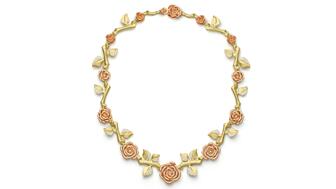
Paul Morelli’s “Rosebud” necklace, our Piece of the Week, uses 18-karat rose, green, and white gold to turn the symbol of love into jewelry.













